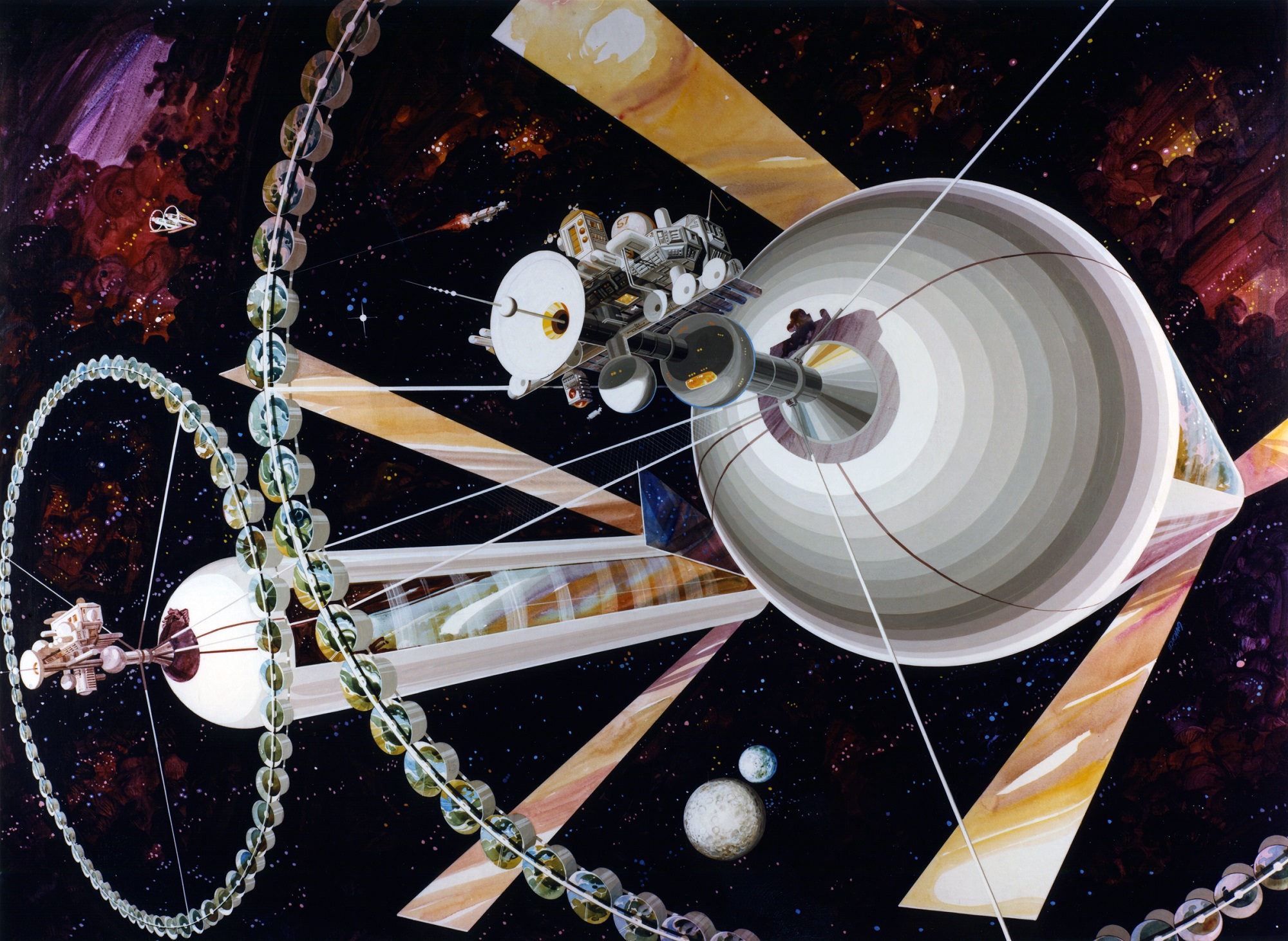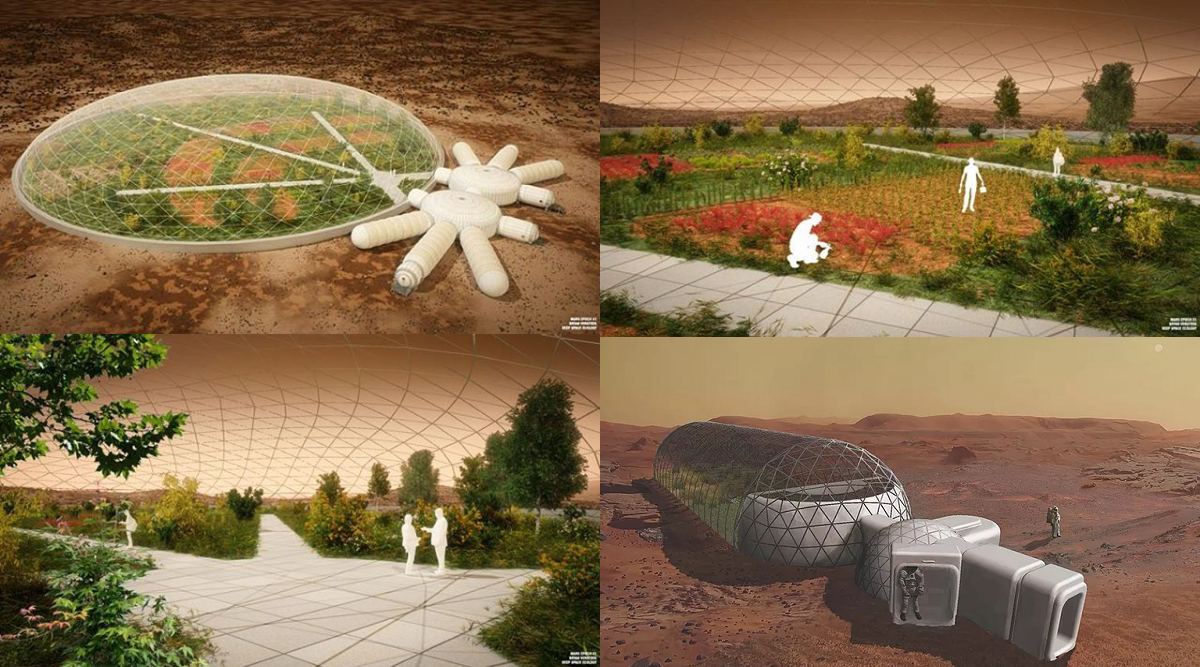“It is possible even with existing technology, if done in the most efficient ways. New methods are needed, but none goes beyond the range of present-day knowledge. The challenge is to bring the goal of space colonization into economic feasibility now, and the key is to treat the region beyond Earth not as a void but as a culture medium, rich in matter and energy. Then, in a time short enough to be useful, the exponential growth of colonies can reach the point at which the colonies can be of great benefit to the entire human race.”
-Gerard K. O’Neill, The Colonization of Space, 1974
During the 1960s and 70s, coinciding with the height of the Space Age, scientists pondered how human beings could one day live in space. Among the many benefits, the migration of humans and industry to other celestial bodies and orbiting habitats presented a possible solution to overpopulation and environmental degradation. As O’Neill suggested in his writings, the key was to make this migration an economically feasible venture. Given the renewed efforts to explore space that are now underway and the rise of commercial space (NewSpace), there is a growing sense that humanity’s migration to space is within reach – and even inevitable.
But to paraphrase famed British historian AJP Taylor, “nothing is inevitable until it happens.” In a new study, Cornell graduate researcher Morgan A. Irons and Norfolk Institute co-founder and executive director Lee G. Irons reviewed a century of scientific studies to develop the Pancosmorio (“World Limit”) theory. They concluded that specific life-sustaining conditions on Earth that are available nowhere else in the Solar System could be the very thing that inhibits our expansion into space. Without an Earth-like “self-restoring order, capacity, and organization,” they argue, space settlements would fail to be sustainable and collapse before long.
Continue reading “A Human Migration to Space is NOT so Inevitable, says New Research”

